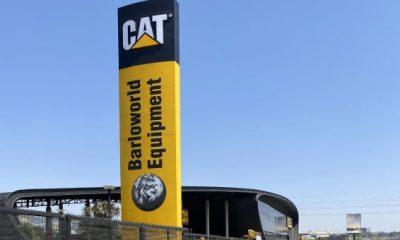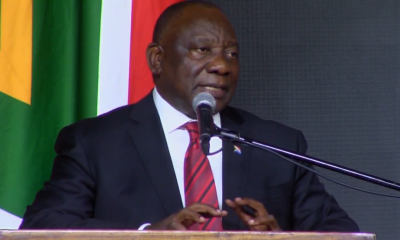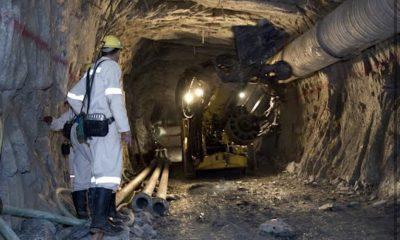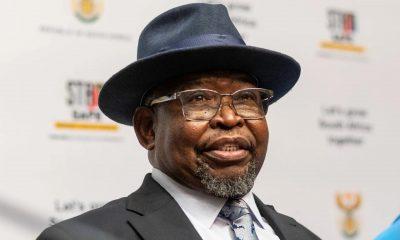411
Dawie Roodt Warns South Africa Is Hurtling Toward a Financial Crisis Unless Urgent Reforms Are Made
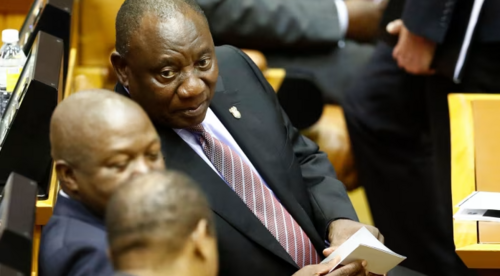
South Africa is teetering on the edge of a financial disaster, according to award-winning economist Dawie Roodt, who warns that ballooning debt and runaway government spending are pushing the country into crisis territory.
Speaking in a recent interview with Newzroom Africa, Roodt sounded the alarm over South Africa’s worsening economic outlook. While the government paints a relatively optimistic picture of stabilising debt, the true numbers, he says, tell a much darker story.
The Real Debt Picture
Finance Minister Enoch Godongwana’s 2025 Budget speech projected that government debt will stabilise at 76.2% of GDP in 2025/26. But Roodt argues this figure excludes the mounting debt from state-owned enterprises and municipalities.
“When you factor in all public debt, the real debt-to-GDP ratio is closer to 95%,” Roodt said. “That is completely unsustainable.”
A Crisis That Can No Longer Be Ignored
Roodt didn’t mince words: “South Africa is in deep trouble, and unless the government makes important changes soon, it’s going to get a lot worse.”
He believes that unless drastic reforms are implemented now, changes will soon be forced upon the country in the form of a full-blown financial crisis.
Key among his recommendations is a significant cut in government spending—starting with a bloated civil service.
“There are 1.2 million national government employees, rising to 2 million when including local authorities,” Roodt noted. “The economy simply can’t support that.”
The VAT Hike That Wasn’t — And the R75 Billion Budget Hole
Godongwana had floated the idea of increasing VAT to cover rising costs, but public backlash forced him to abandon the plan. Now, South Africa is staring down a R75 billion hole in the budget with few viable options to fill it—aside from more borrowing.
And that, Roodt warns, could be devastating for long-term financial stability.
Job Creation Isn’t the Answer—Growth Is
Roodt also took aim at the idea that government should focus on direct job creation. “The politicians think waving a flag next to a road counts as a job,” he said. “But real employment comes from economic growth.”
He argued that misguided policies such as the Expropriation Bill and Black Economic Empowerment (BEE) are discouraging investment and stalling growth.
“These policies make South Africa unattractive to both local and international investors,” he said. “Our politicians are conditioned to make economically harmful decisions.”
Too Much Tax, Too Little Return
South Africa’s public spending stands at 33% of GDP, draining resources from the private sector, where Roodt and others believe money would be better spent.
Political economist Moeletsi Mbeki echoed these concerns, noting that the country’s civil servants are among the highest paid in the world relative to GDP.
“The government takes money from the productive private sector to pay high salaries in the public sector,” Mbeki said. “It’s not sustainable.”
Mbeki estimates that South Africa must cut civil service salaries to 6% to 7% of GDP—about a 50% reduction—to spark real growth.
South Africa is at a crossroads. Without meaningful fiscal reform and a shift in economic policy, the country risks a full-scale financial collapse. Both Roodt and Mbeki agree: reduce spending, prioritise growth, and allow the private sector to drive the economy.
The time for tough decisions is now—before those decisions are made for us.
{Source: BusinessTech}
Follow Joburg ETC on Facebook, Twitter , TikTok and Instagram
For more News in Johannesburg, visit joburgetc.com



